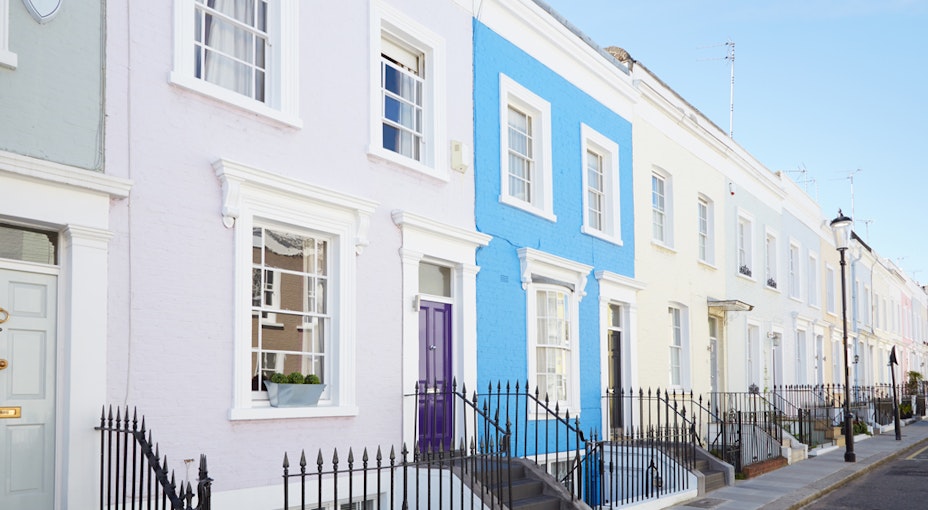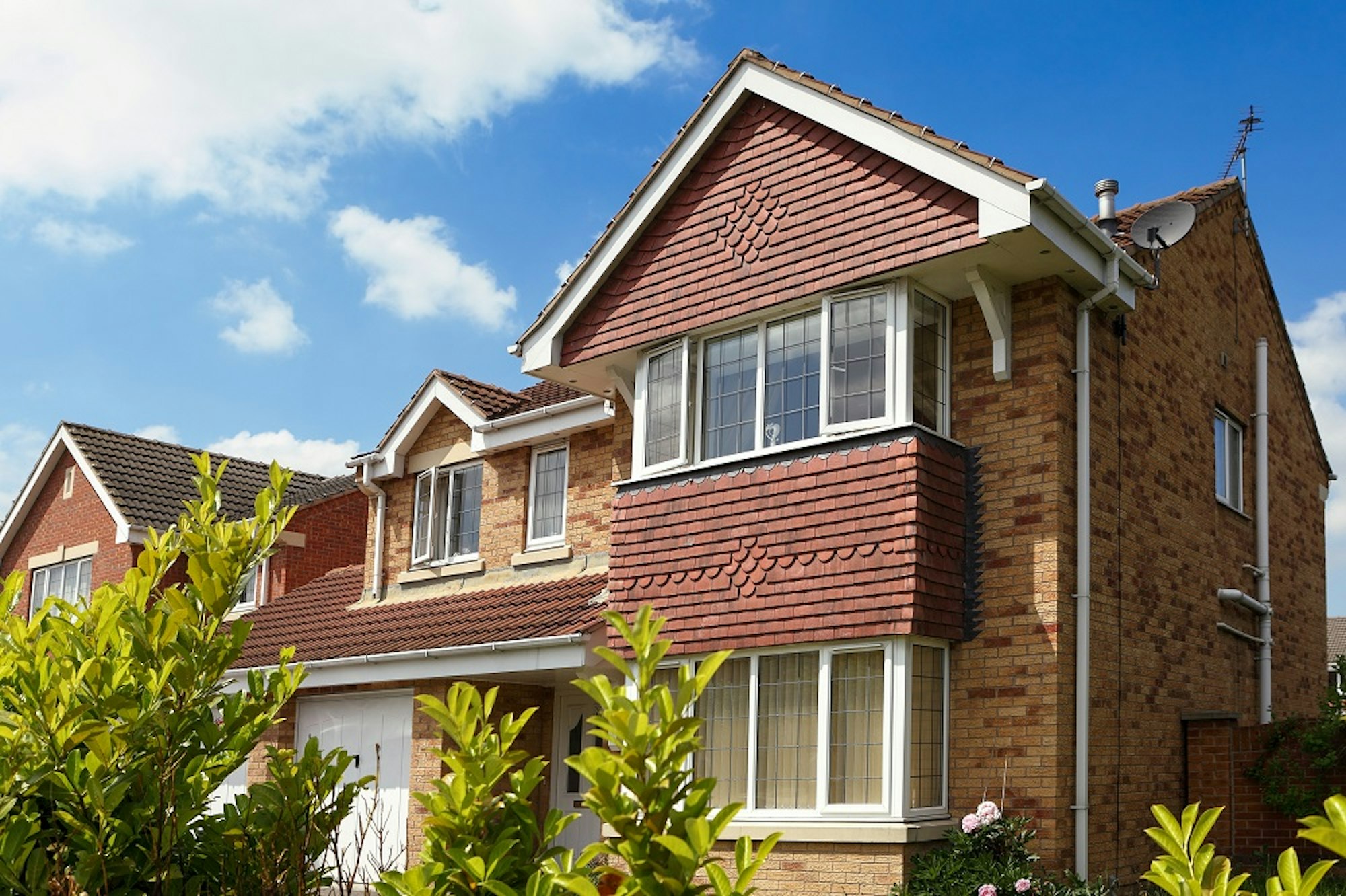What are the differences between buildings insurance and home insurance?
By Alan Boswell Group

Whether you are a first time landlord or you have been renting out properties for many years, having the right insurance in place is critical. When it comes to insurance for landlords, there are a lot of different options available. In this article, we look at whether buildings insurance is the same as home insurance and what is the best cover for a landlord to ensure your property is adequately protected.
What is the difference between home insurance and building insurance?
There are some key differences between home insurance and buildings insurance to be aware of. Home insurance is generally used as a term which covers all types of home insurance, including building insurance and contents insurance. As a landlord it is essential to break home insurance down into the separate policies to assess what level of cover you need.
Some insurance providers offer home insurance policies which are a combination of both buildings insurance and contents insurance. These are great for homeowners as they neatly package the cover in one policy, but for landlords, their needs are usually more specific. Landlords should have buildings insurance to cover the property itself, but contents insurance is not always necessary when you are not living in the home yourself or if you do not require cover for any furniture, appliances or furnishings.
A general rule for home insurance is that anything which can be removed from the property without causing damage is covered by contents insurance, whereas anything which cannot be removed is covered by buildings insurance.
Read more: What is index-linked buildings insurance?
What Is landlord building insurance?
Buildings insurance provides protection for the structure of the property, including any permanent fixtures within it. Generally, this includes roofing, bathroom fittings, integrated kitchens and more. Buildings insurance can also cover outbuildings such as sheds, garages, and greenhouses.
For landlords, buildings insurance is essential as it provides protection should something go wrong with your property while it is rented out. You have a legal responsibility to keep the property in good working order and buildings insurance can help cover the costs in the event of a fire, flood, or other damage.
Whilst building insurance isn’t a legal requirement for any homeowner, even landlords, it is always worth having. Most buy-to-let mortgage lenders will insist that you have buildings insurance in place.
What is contents insurance?
This insurance pays out should damage occur to items within a home. This includes furniture, personal belongings, electrical equipment and more. Most contents insurance policies will cover damage caused by fire, theft, flooding amongst other perils.
When you are a landlord it is not essential to have contents insurance unless you are providing the furniture or would like cover for items like curtains and kitchen appliances which wouldn’t be protected under your buildings insurance. In this case it would be wise to assess your investment in the items versus the cost of the premium. It is your tenant’s responsibility to take out contents insurance on their own possessions, should they want to.
What are the other types of home insurance?
While home insurance is generally broken down into buildings and contents cover, there are some other insurance policies which can fall into the category of home insurance as well. There are specific policies available for listed buildings, high-value properties, non-standard constructions, holiday homes and more.
Read more: Guide to Grade II listed building restrictions
What if the property is unoccupied?
Landlords also need to consider unoccupied home insurance, in the event that your property is empty for a period of over 60 days whilst you are in between tenants. If you have a period of time between tenants and the home is left unoccupied, your usual buildings insurance might not cover it. Unoccupied home insurance is another type of home insurance which can cover your property for anything from two months to 12 months.
Want to know more about home insurance when you move? Read our guide here.
Need help with your insurance?
Whether you need a quote, have a general enquiry, or want to talk it through over the phone, we're here to help.
Make an enquiry – general and locations
Related guides and insights

A guide to home insurance extras
A guide to popular home insurance extras and whether optional insurance features are right for you and worth the extra expense.

Confusion over declined home insurance claims
We take a look at why many home insurance claims are declined and what you can do to help ensure future claims are successful.
